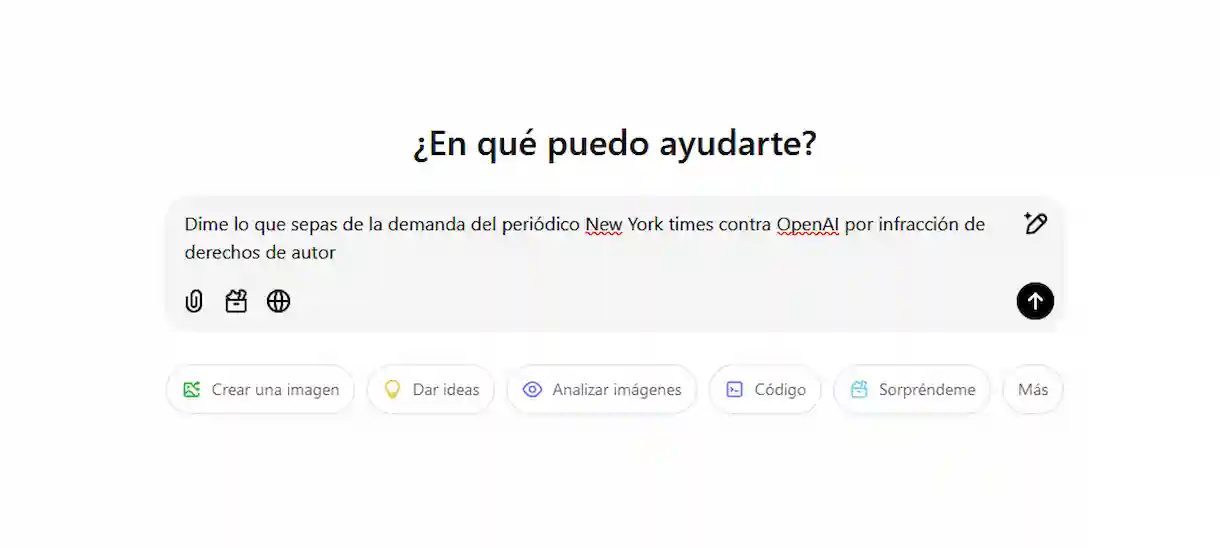The journalistic sector finds itself at something of a crossroads with the arrival of artificial intelligence. On the one hand, there are media groups that adopt agreements with this technology to move toward shared interests, while others feel a profound rejection of it, believing that their copyrights are being infringed upon for maximum profit.
This is why various publishers—along with outlets such as The New York Times or individual photographers—have launched copyright infringement lawsuits against ChatGPT and other AI companies. There are already initial rulings on the matter, and they may set a precedent that could put content copyrights at risk.
The German photographer Robert Kneschke lost his lawsuit against LAION (a German AI) for using one of his images without permission. In this lawsuit, LAION had downloaded one of the photos he was selling to include it in its LAION-5B dataset, so the photographer considered this to be outright copyright infringement.
The ruling partly sided with both parties, finding that LAION did indeed infringe on the photographer’s copyright, but that its actions were covered by the exception in Article 60d of the UrhG (the German Copyright Act). Why? Because, according to the court, LAION is a nonprofit entity made up of researchers committed to developing self-learning algorithms in the context of AI and making them available to the general public.
Another lawsuit that did not succeed was filed by the independent media outlets Raw Story and AlterNet against OpenAI. Both outlets believed the company had violated the Digital Millennium Copyright Act (DMCA) by extracting thousands of articles and stripping them of information such as the author’s name or terms and conditions for the work’s use.
In that ruling, which also ended in ChatGPT’s favor, the judge found no evidence of plagiarism:
“When a user inputs a question into ChatGPT, this AI synthesizes the relevant information from its repository into a response. Given the large amount of information in the repository, the likelihood that ChatGPT would produce plagiarized content from one of the plaintiffs’ articles seems remote.”
The New York Times, the major outlet that sued OpenAI
Toward the end of the year, The New York Times launched its own campaign against OpenAI, taking the matter to court. In this case, they did come prepared with evidence (something Raw Story and AlterNet failed to provide) and showed over 100 examples of articles that the AI had reproduced almost verbatim.
ChatGPT has already acknowledged using articles from this media giant, but it will defend its innocence by all possible means, arguing fair use of the information. Observers expect the legal battle to be lengthy.
In the event The New York Times loses, an atmosphere of uncertainty and concern arises around the protection of copyrights in the journalism world, and some multimillion-dollar contracts could potentially disappear.

